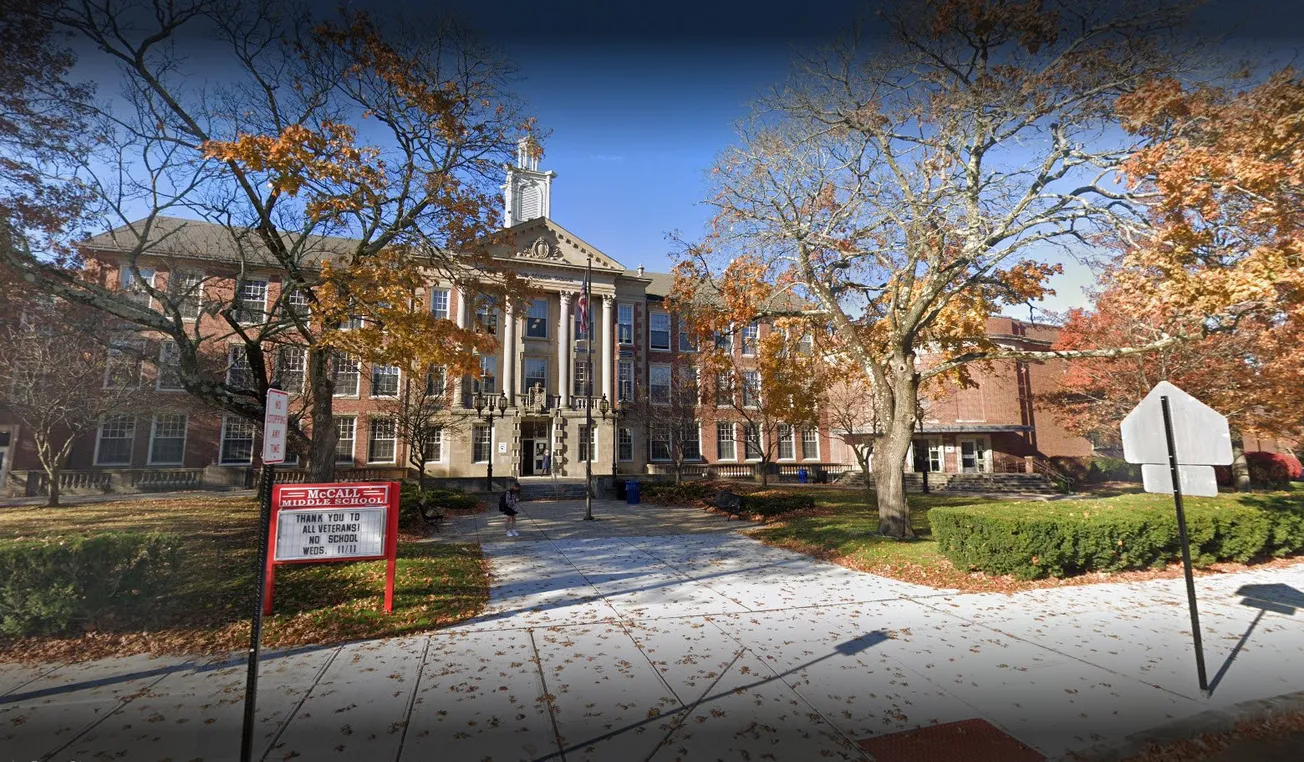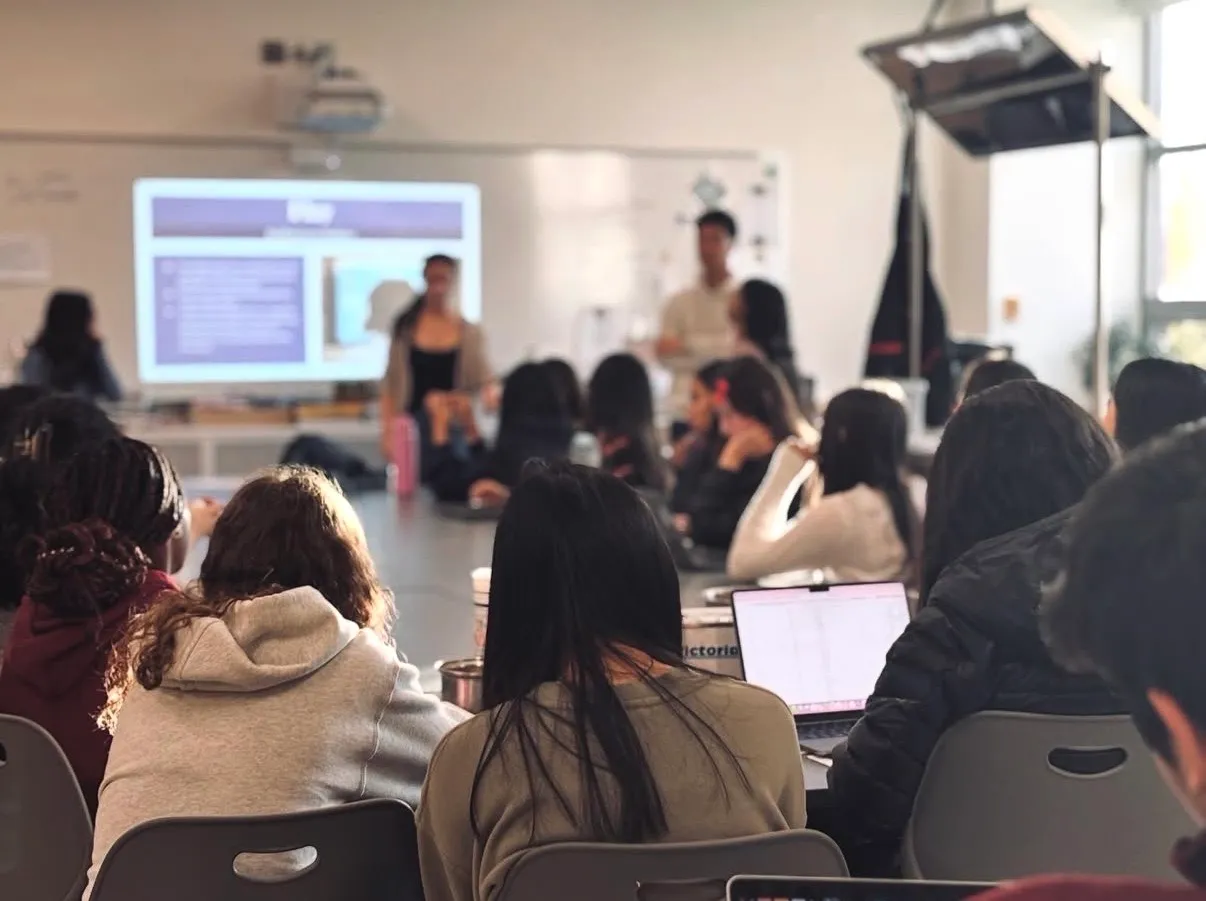Table of Contents
Substance abuse screening interviews with seventh-graders will be held at McCall Middle School this coming week, from Feb. 3 to Feb. 6.
The process — known as Screening, Brief Intervention, and Referral to Treatment, or SBIRT — is used to screen for alcohol, nicotine, tobacco and other drug use and is required by Massachusetts law each year.
Passed in 2016 in an effort to curtail substance abuse through prevention and education, requires verbal screenings at two grade levels, seventh and ninth grades. Schools are then required to report screening data to the state Department of Public Health.
“Universal screening is a non-judgmental way to learn about a patient’s health and safety risk. Validated questions ask how much individuals use, how often and how substance use impacts their lives,” says the program’s page on Mass.gov. “About 1 in 4 people screened will be positive for risky alcohol use and about 1 in 5 people screened will be positive for drug use.”
Those found with no risk are encouraged to continue to make “healthy choices.” Students found to be at risk may be referred to further assessment or care programs.
State law allows a student, parent or guardian to opt out of the screening any time prior to or during the screening process. Requests must be made to schools in writing.
What actually happens?
Screenings take about 5-10 minutes, in which the school’s health staff have one-on-one conversations with students. They will ask students about alcohol, nicotine, tobacco or other drug use over the past year and then talk with each student about how to support their overall health, safety and success in school.
If the student needs more assessment or support, health staff may work with the student and/or their parent and caregiver.
This is not a blood or urine test, a drug test, or a test of any body function.
Screening results are recorded, but no information that can identify a student is kept (for example, name or date of birth) and results will not go into the student’s record. The results will not be shared without the permission of the student or their parent or guardian, but may be shared in the case of immediate medical emergency or when required by state law.
“Substance abuse is not a serious problem among McCall students,” said Principal James Lin. “The main reason we are participating in SBIRT is to reinforce healthy habits with our students. We are using a verbal drug screening tool to reinforce healthy habits with students in a one-to-one setting. In the event we do identify a student who is not exercising good judgment with regards to substance use, the SBIRT approach allows our trained screeners to intervene right away in a confidential manner.”
In a letter to parents, Lin added, “Parents and caregivers can help their children make healthy choices. One important way to prevent alcohol and drug use is to talk with them about your thoughts and expectations.”
Parents were provided with a list of resources and websites.
What are students asked?
Screening questions are about vaping, use of alcohol, tobacco, marijuana and other cannabis products in various timeframes. There’s even a question asking students if they’ve been in a car driven by someone who is high.
Other questions ask about attempts to quit using, cravings, feelings of addiction and moodiness due to use or abstention from use.
The interviews follow a specific step-by-step process, in which certain answers to certain questions prompt additional questions.
The MASBIRT website says the format “is recommended by the American Academy of Pediatrics’ Bright Futures Guidelines for preventive care screenings and well-visits” in “version adapted and reproduced with permission from the Center for Adolescent Behavioral Health Research (CABHRe)” and “translated into 28 languages and can be used with students for whom English is not their primary language.”
SBIRT is not recommended for use when a student is non-English speaking and the interviewer is not able to conduct the conversation in the student’s primary language.
McCall Parents Association President Carey Sue Barney called the screenings “a great preventive measure.”
“I don’t think we have a particular issue and are the same as other towns with our demographics, but drug use starts earlier than parents think and it can identify kids who might be at risk,” she said. “In a community like this where kids have money, they can get things, but it’s a problem in general.”
Barney also said she has heard no complaints from other parents “and I hear a lot of complaints about things.”









